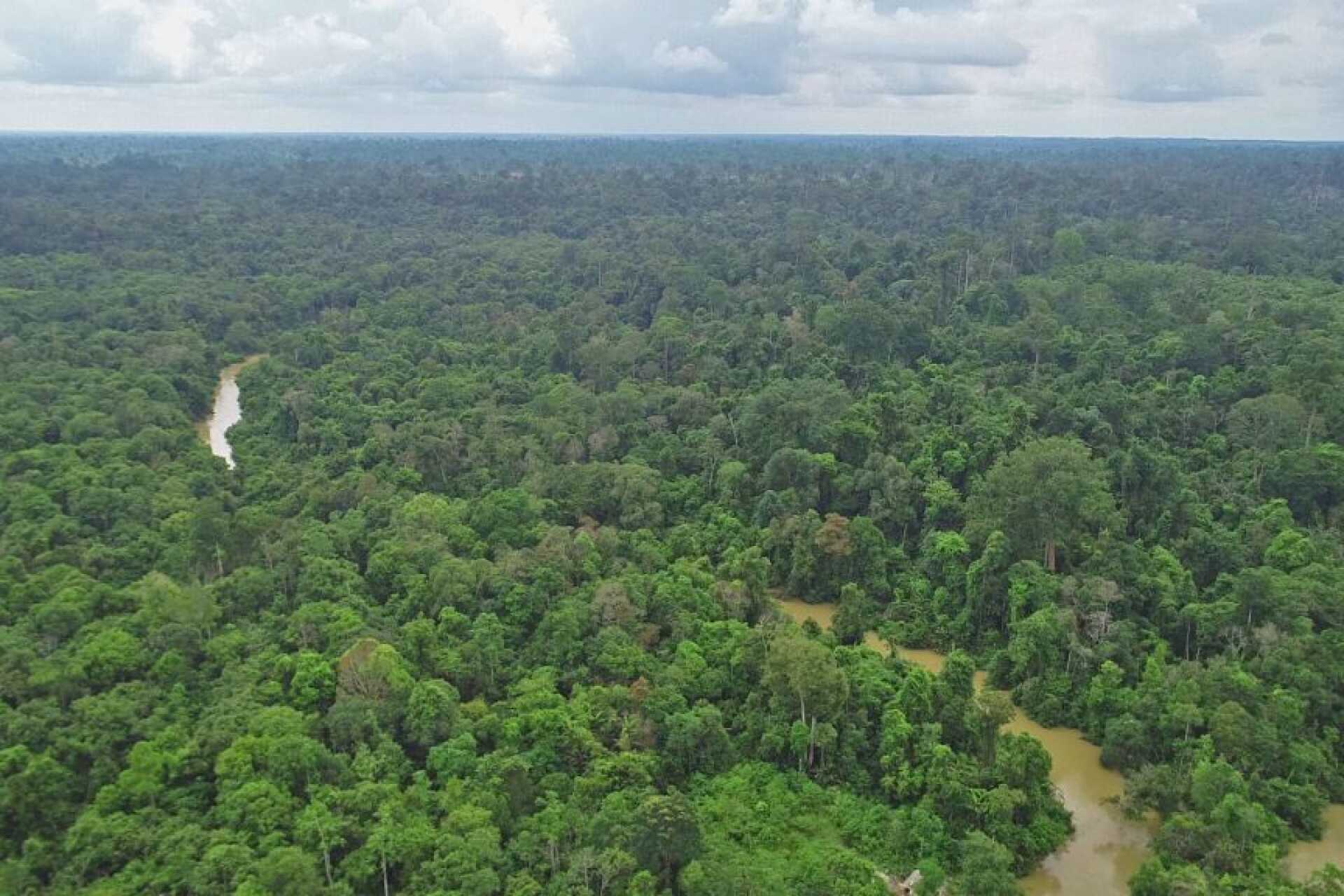
Restoring tropical biodiversity, carbon stores and forest integrity through ecosystem restoration licences - Professor Zoe Davies
Deforestation and forest degradation are key causes of carbon emissions and biodiversity decline in tropical countries. Tackling these challenges requires innovative ways to manage disturbed habitats. Ecosystem restoration licenses (ERLs) offer a commercial mechanism through which degraded forest can be restored back to ecological equilibrium. Pioneered by Indonesia, ERLs could herald an era of improved forest management across the tropics. Nonetheless, key questions remain regarding their effectiveness.
RSPB's Harapan Rainforest restoration project in Sumatra provides an excellent case study, as the first ERL in Indonesia operating for 95-years. This PhD will examine the likely effectiveness of ERLs in achieving positive ecological outcomes (e.g. carbon storage, biodiversity and forest regeneration) and how best to finance these objectives at Harapan.
The student will analyse longitudinal biodiversity (bird and mammal) datasets from Harapan, assessing how they relate to different restoration activities and human pressures in the wider landscape. The student will also contribute to ongoing biodiversity surveys (e.g. camera trapping, bioacoustics). Using these data, a series of biodiversity indicators will be derived that will feed into the long-term monitoring strategy for the site. Ecological economic approaches will be used to collate and analyse restoration/management cost data forest for Harapan. By integrating this with remote-sensed data (e.g. satellite imagery, drone footage) on forest degradation/regeneration, the cost-effectiveness of the restoration activities can be investigated. This will provide critical information that will inform the establishment of sustainable finance mechanisms (e.g. voluntary carbon markets) for ERLs. Finally, the student will have the opportunity to examine the ecological outcomes of ERLs across Indonesia by conducting an impact evaluation using statistical spatial matching, complementing the case study research.
The student will receive extensive training in advanced analytical skills (e.g. R and GIS) , plus academic skills (e.g. writing journal papers, giving conference presentations). Additionally, they will gain transferable skills (e.g. time management, collaboration NGO partners).
The student will be interested in combining ecological data with management cost information to produce high-impact, policy-relevant research. They will have a degree in conservation, ecology or environmental sciences, with experience of conducting ecological fieldwork and strong analytical skills (including GIS).
Candidates should apply using the online application form, indicating the project they wish to be considered. Deadline to submit a form is 10th January 2024, 23:59 GMT.
You will need to upload: